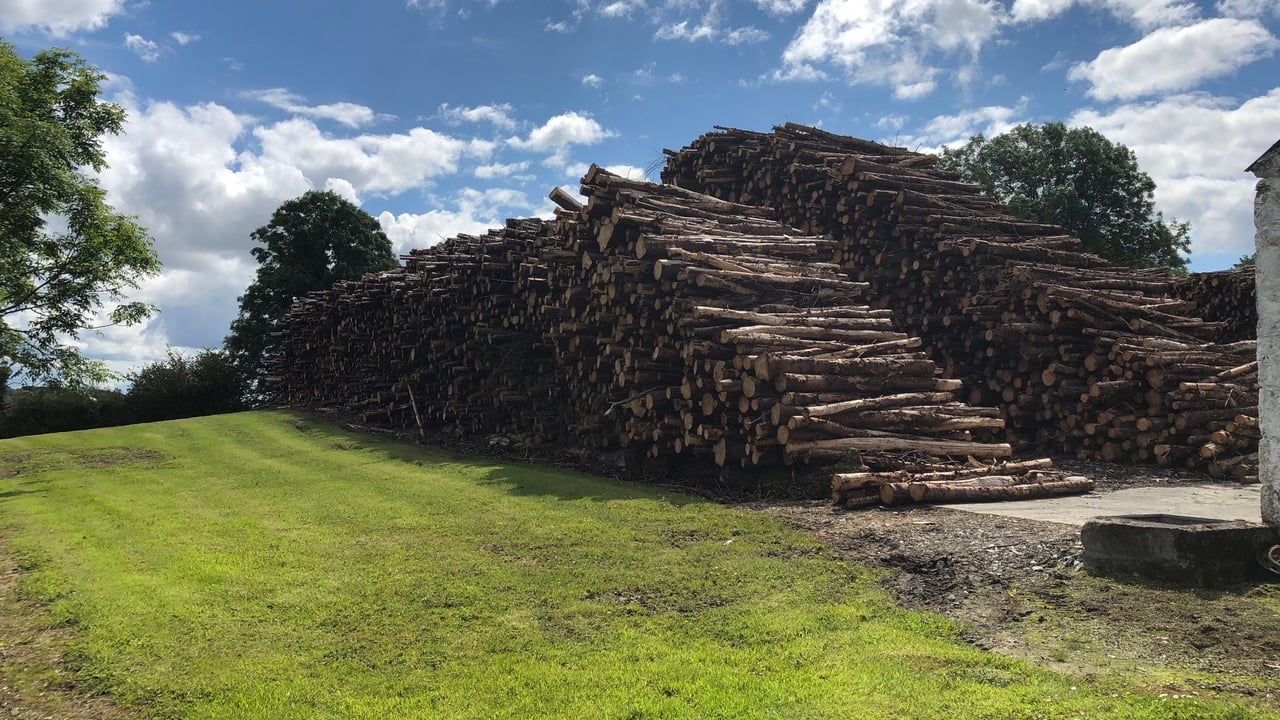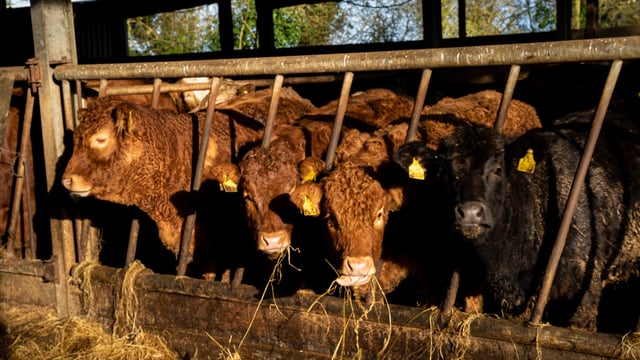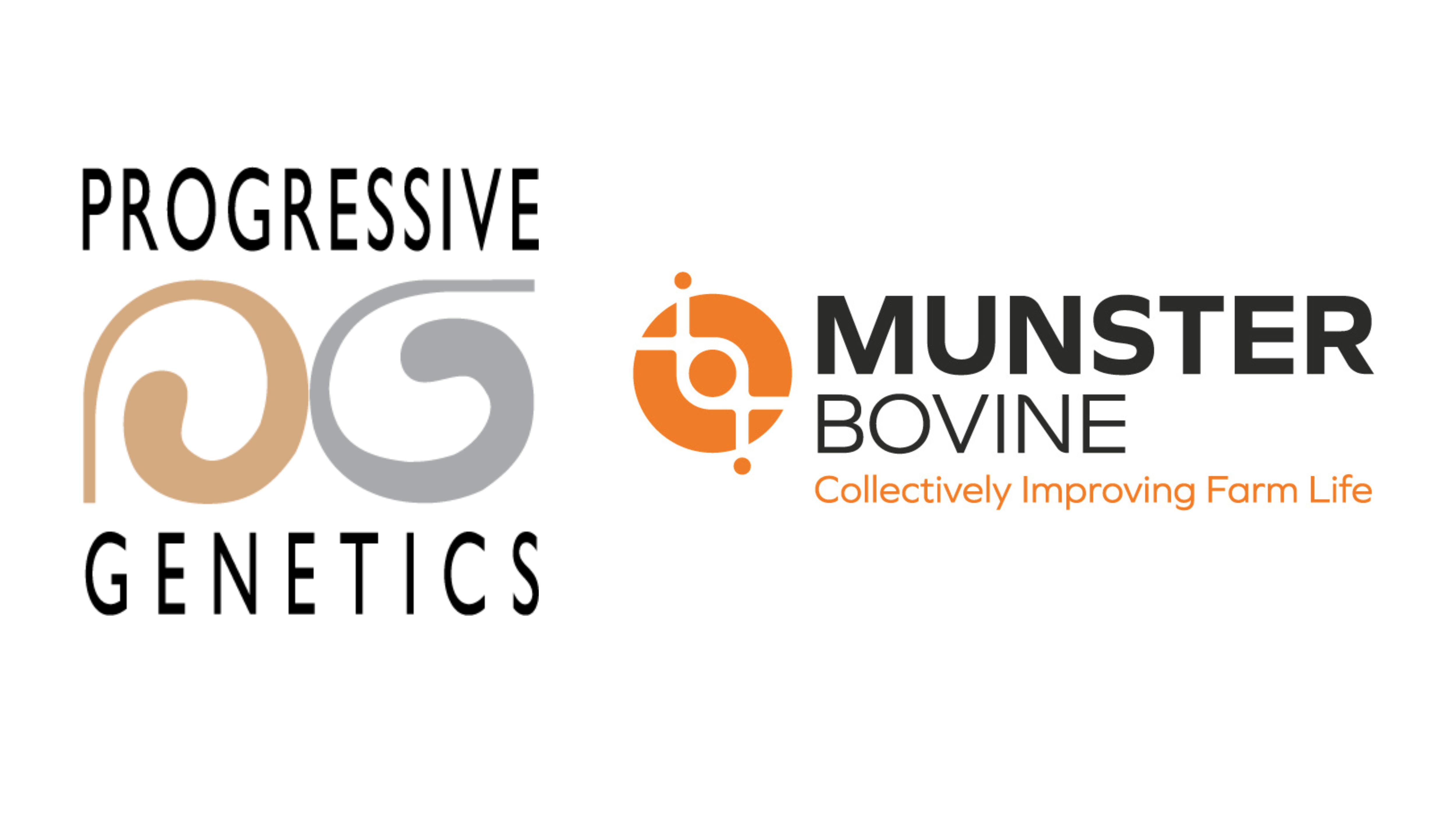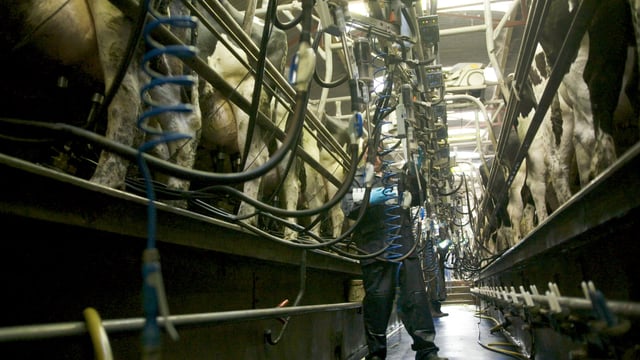Forestry group SEEFA seeks support to 'prevent demise of 12,000 jobs'
Private forestry group, the Social, Economic, Environmental Forestry Association of Ireland (SEEFA) will stage a series of social-media protests targeting government TDs this week.
SEEFA is appealing to government to "prevent the demise of 12,000 jobs" amid the ongoing licensing crisis.
SEEFA is an alliance of private industry professionals. The organisation is lobbying for the government to fulfil its obligations to maintain employment for more than 12,000 people in the sector which "has been devastated by a backlog in the granting of afforestation and felling licences", it said.
SEEFA said it is seeking direct intervention from the Department of the Taoiseach, as all other options have failed.
Commenting on the issue, Jackie Cahill, TD and chair of the Joint Oireachtas Committee on Agriculture, Food and the Marine said:
"We are 15,000 behind target on afforestation in the last five years and, if those trees had been planted in their lifetime, they would have sequestered 5.4 million tonnes of carbon.
"Our failure to issue licences and our failure to plant trees for afforestation is haunting us and will continue to haunt us in the years ahead because we can’t reclaim that lost time,” he said.
With over 1,000 afforestation applications and thousands of felling and road licence applications still awaiting a decision, according to SEEFA, it is highlighting the severe social, economic and environmental impact of this crisis.
"Forest owners cannot plant their land, manage their forests or sell their timber. For many owners, this is their pension or the manner to pay for education for their children.
Teige Ryan of None-So-Hardy Forestry added:
“If the industry cannot get the required amount of licences, nurseries cannot sell their stock, foresters cannot plant or maintain forests, and harvesting companies cannot supply timber to the sawmills.
"The entire supply chain from seed to sawdust is affected. Nurseries are currently exporting seedlings to survive as sawmills are importing logs and timber, instead of felling Irish timber to serve the market.”
In order to maintain supply of sawn wood, Irish sawmills are having to source timber from other countries which is having a direct impact on home construction and is adding unnecessary thousands to mortgages for people building homes, according to SEEFA.
On the economic impact, Marina Conway, Western Forestry Co-op said:
"But, instead, sawmills are having to import timber to meet demands of other sectors – particularly construction.
"Local timber needs to get to the market to maintain the forest supply chain, maintain rural jobs, keep local sawmills functioning and protect the economic benefits to rural communities.”
This importation of timber is creating a much larger Irish carbon footprint.
Paddy Bruton, Forestry Services Limited and Euroforest Ireland said:
“Afforestation is clearly the largest opportunity in the land use sector to remove carbon dioxide from the atmosphere.
"In the last five years, afforestation targets have been missed by over 15,000ha in total or the equivalent of 40 million trees. Had this area been afforested, it had the potential to remove 5.4 million tonnes of carbon dioxide from the atmosphere over the lifetime of those forests.”
Imelda Connolly, Green Belt, added that a viable ash dieback scheme is also urgently required.
"We believe that a sustainable forestry sector that can achieve commercial, climate and biodiversity goals is ready to flourish and deliver for rural Ireland but in order to achieve it, we need to see a reduction in the volume of imported timber, and improvements to the current licensing system which are holding back the potential of the industry.”





